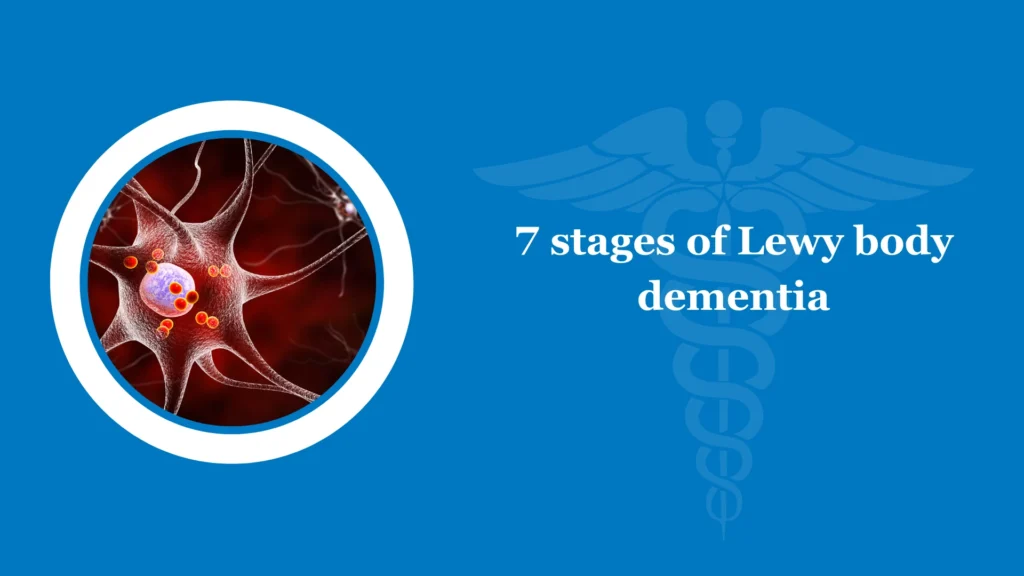Are you facing this issue? Don’t worry about this you will be cured of this with the treatments & medications. Increased echogenicity of the kidney can be lyes by many causes.
It can caused by infections, inflammation, or any structural abnormalities & CKD (Chronic Kidney Disease). After the diagnosis, doctors will proceed with the concern treatment.
When the kidney health is compromised, it often leaves the ultrasound there where increased echogenicity can be found in the kidney. Let’s see the diagnosis, treatment, transplantation, and therapies in the article.
Treatment for increased echogenicity of the kidneys
It is often seen in the kidneys, it will treated depending on the cause of the issue. There are some treatments, that will be provided for increased echogenicity of kidney patients.
It may happen in different causes such as kidney stones, Chronic Kidney Disease(CKD), diabetic nephropathy, or other renal disorders, etc., will see the detailed cause below.
Underlying Condition Management
In such a case, a person can be diagnosed with specific issues. It may be CKD, PKD (Polycystic kidney disease), AKI ( Acute kidney Injury), Renal infarction, Nephrocalcinosis, or chronic pyelonephritis.
Based on the blood test and image studies to monitor the kidney, which helps to guide for the treatment.
Dialysis and Transplantation
Mostly, this treatment may not suggested, it is only for severe cases. It is preferred only for end-stage renal disease. In this treatment, the healthy donor’s kidney is placed in the body, which increases the quality of life and overall health.
Whereas Dialysis is the treatment, if the kidney cannot function by nature, this will help to function artificially, it is referred for advanced kidney disease stages where kidney function is severely impaired.
Stem Cell Therapy
This therapy includes the underlying causes like renal functions, chronic kidney diseases, and renal cysts, It is not the standard treatment for stem cell therapy.
The treatment can depend on the issue of the particular body condition, a person who is affected by kidney structures & functions.
We cannot recommend the particular treatment is suits you. But, you must consult with the healthcare provider and continue with the process.
What causes increased echogenicity in the kidneys?
Different causes can increase the echogenicity in the kidney. Based on the underlying cause, you will be treated appropriately! We will be discussing some of the causes that can lead to the problem.
Chronic Kidney Disease:
When the kidney declines its functions there will be structural changes within the renal parenchyma, fibrosis, glomerulosclerosis, and tabular atrophy. Due to the parenchymal loss, kidney size may be reduced.
Which can lead to the main cause of the increased echogenicity in the kidneys.
Polycystic Kidney Disease:
A rare genetic disorder can be found in the kidney when there is the development of multiple fluid-filled cysts. The fluid cysts can be a cause of the increased echogenicity in the kidney.
Nephrocalcinosis :
It refers to the deposits of the calcium salts within the renal parenchyma, the presence of calcium deposits may be the cause.
Diabetic Nephropathy:
This is a common kidney disease, the damage to small blood vessels in the kidney may lead to some causes like glomerulosclerosis, fibrosis & tubular atrophy can be the concern.
Renal Infarction:
When the blood flow of the kidney gets interrupted, it leads to tissue damage & ischemia. Infarcted tissue may appear hyperechoic on ultrasound.
Dehydration and Acute Kidney Injury:
Both dehydration and AKI lead to cause in changes in renal function, which results in increased echogenicity.
If there is a structural change like tubular necrosis, inflammation, or interstitial edema it may be a concern.
Medication & Toxins
Some medications & toxins predominantly be the cause of renal damage & alter in echogenicity.
What are the Factors affecting echogenicity of the kidneys?
Some of the factors include which can affect the echogenicity of the kidneys:
Histopathological Lesions:
The list of tissues like fibrosis, inflammation, and scarring which may lead to an increase in the echogenicity of the kidneys.
Specific Conditions and Diseases
Polycystic kidney disease, renal infarction & nephrocalcinosis may affect the echogenicity of the kidneys. These may be the cause of changes in echogenicity in the kidneys.
Renal Artery Blockage
Blockage in the renal artery can lead to other causes like ischemia and tissue damage. Maybe the blockage can result in increased echogenicity.
Metabolic Acidosis
This can occur in various conditions like renal tuberculosis which can affect renal function and may be the cause increase in echogenicity.
Chronic Kidney Disease (CKD)
Echogenicty is arises, when the kidney affected or declines its functions. The structural changes in renal parenchyma may be the cause of increased echogenicity. CKD is one of the factors that can affect the kidneys.
Diabetic Kidney Disease
This can be the cause of increased echogenicity, since this may lead to damage in small blood vessels. Damaged blood vessels may arise as the cause of alternations in renal structure & function.
Glomerulocystic Kidney Disease
The development of cysts within the glomeruli & tubules can lead to an increase in renal echogenicity. This is a rare genetic disorder disease.
Dehydration and Acute Kidney Injury
Dehydration and Acute kidney Injury result in renal perfusion & function, changes or alters of echogenicity in the kidneys.
Conclusion
Increased Echogenicity in the kidneys can arise from various factors and causes which have been discussed above. You could be more cautious when the problem is diagnosed, and get it treated immediately.
Moreover, doctors can find out the root of the problem and its reasons whether it is specific diseases or conditions or acute or chronic disease which will be found before the treatment and you will be treated.
Hopefully, have a healthy kidney with relief from the increased echogenicity disease.
FAQs
Should I worry about echogenic focus in the kidney?
Yes, you have to get proper treatment. It is quiet and often benign. It may not leave any symptoms or health problems. It appears as a bright spot on ultrasound images.
You need to consult with your healthcare provider for this cause and get it treated
What does increased echogenicity indicate?
It indicates the increased amount of density or reflectivity within the kidney. Some factors like Renal parenchymal disease, renal stone, fatty infiltration, inflammation, infection, and blockages in UTIs cause this.
Have to notice one thing increased echogenicity alone cannot provide a specific diagnosis, however, with the evaluation of a doctor, further imaginary studies or laboratory tests may be needed to determine the cause.
Can kidney stones cause echogenicity?
Yes, it can cause echogenicity. Kidney stone structures, reflect sound waves & appear echogenic on ultrasound images. The degree of echogenicity may vary depending on the composition and size of the kidney stone.





















